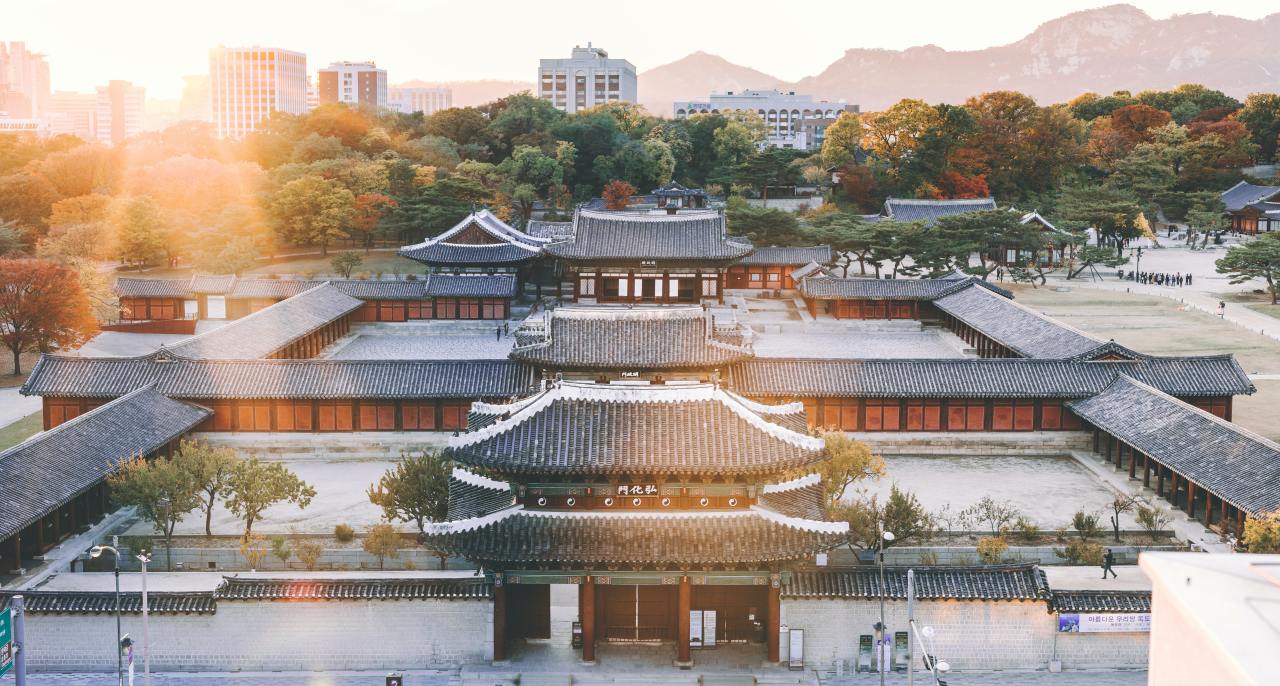
20+ Most Popular Korean Last Names
Here’s a fun fact: there are no more than 250 Korea last names. In South Korea alone, there are around 10 million people with the last name Kim.
Here’s a fun fact: there are no more than 250 Korean last names. In South Korea alone, there are around 10 million people with the last name Kim. For context, the South Korean population is 50 million. Other popular Korean last names are Lee (or Li) or Park and sometimes you might even see Choi, Jeong, Kang, Yoon, Jang, and Shin.
Why is that? Why do all Koreans share the same surname? Well, let’s get into some Korean history and the names will all make sense:
Korean Names History
This might be a known fact, or maybe not. The Chinese have had a major influence on Korean history and culture, so much so that Korean names even use Chinese characters. Now, there are more than 130 Korean names that have descended from China.
Korea was once divided into kingdoms. The earliest one, Shilla (9 B.C. to 935 A.D.) was founded and ruled by a Kim clan. So evidently, that name became royal and noble. The same thing happened with Lees; “Lee” was the surname of the founder of the longest dynasty in history (1392-1910), the Chosun Kingdom. “Li” or “Lee” is a very common family name, so much so that it’s also recognized in another Asian language, Vietnamese, as Lý.
“Kim” is the most common Korean surname because there are over 600 different Kim clans. Two of the most memorable Kim clans, dating back to the Shilla kingdom, were the Gyeongju Kim and Gimehae Kim. If you know a Korean and their family name is “Kim”, know that there’s a long line of history. More than likely, that’s a generational name.
For much of Korean history, only the elite was allowed surnames, not commoners. Years and years later, the commoners were finally given the “privilege” to have a surname. They chose Kim or Lee because it was the noblest.
In 1910, when Japan seized Korea, most Koreans already had surnames, but those who didn’t have one just adopted the surname of their master.
When it comes to marriage and taking names, things are a little confusing. Korean women are not supposed to take their husband’s surname when they get married to them. However, the children she has with her husband must take the father’s surname. So when a wife/mother is addressed, she is referred to as “Mrs. Kim” or “Mrs. Lee” or “Mrs. Park,” after her husband’s name.
Korean Language History & How-To
It’s hard to really know and understand the origin of Korean. The language has influence from India, Japan, Mongolia, China, and Turkey and wasn’t derived from one person or one culture.
Before the modern Korean writing system, known as han’gul, was developed in 1443, Koreans used a complex system of Chinese characters. “Hanja” is the Korean name for the Chinese characters that are used. Although Hanja isn’t necessary to learn Korean, it can be helpful. Fortunately, King Sejong of the Yi Dynasty commissioned an invention for the phonetic script, to make things easier for people.
According to the Asia Society:
han’gul consists of 24 letters: 14 consonants and 10 vowels. Combinations of these letters represent 5 double consonants and 11 diphthongs. The letters, grouped in clusters of 2, 3, or 4, form syllables and words.
Korean surnames are typically three syllables long: first syllable (surname) + second syllable (personal name) + third syllable (personal name). Both personal names are considered to be first names.
Popular Korean Last Names
Most of these Korean family names are also Chinese last names because, well, that’s just the history and you can’t change it! Here is a list of the most popular Korean last names:
Kim (Hangul: 金)
The meaning of this family name is “gold.”
Lee/Li (Hangul: 李)
This name means “plum” or “plum tree.”
Park (Hangul: 박)
This surname means “bottle gourd.”
Choi (Hangul: 최)
This last name means “mountain” or “pinnacle.”
Jeong (Hangul: 정)
This surname means “broad concept of positive emotions.”
Kang (Hangul: 강)
This Korean surname means “river.”
Yoon (Hangul: 尹)
This last name means “eldest.”
Jang (Hangul: 장)
This last name means “chief.”
Shin (Hangul: 신)
This Korean surname means “God” or “gods.”
Gwan (Hangul: 관)
This family name means “pipe.”
Man (Hangul: 만)
This Korean surname means “just” or “only.”
Bu (Hangul: 부)
This last name means “wealth” or “fortune.”
An (Hangul: 안)
This surname means “interior” or “within.”
Han (Hangul: 한)
This last name refers to the ancient state of Han. It means “one.”
Yoo (Hangul: 요)
This last name means “willow tree.”
Mok (Hangul: 목)
This Korean surname means “neck.”
Cho (Hangul: 초)
This surname means “candle” or “beginning.”
Sun (Hangul: 순)
This surname means “net.”
Bin (Hangul: 빈)
The meaning of this last name is “empty” or “void.”
Yun (Hangul: 윤)
This name comes from a Sino Korean word, meaning “to govern” or “to oversee.”
Mae (Hangul: 매)
The meaning of this last name is “hawk” or “falcon.”
Dang (Hangul: 당)
The meaning of this last name is “party” or “sugar.”
Popular Korean Baby Names
Curious about the popular given names in North and South Korea? Or maybe the popular names in Seoul, specifically? Here is a list of them, along with their meanings:
Chun-ja (Hangul: 춘자)
This name means “child of spring.”
Ha-joon (Hangul: 하준)
This name means “summer.”
Sung (Hangul: 성)
This name means “successor.”
Ji-woo (Hangul: 지우)
This name means “purpose” or “universe.”
Chang (Hangul: 창)
This name means “bright.”
Seo-yeon (Hangul: 서연)
This name means “beautiful” or “graceful.”
Sang-wook (Hangul: 상욱)
This name means “good health.”
Su (Hangul: 壽)
This name means “long life.”
Jungkook (Hangul: 柾國)
This name means “from a great country.”
Yeong (Hangul: 英)
This name means “flower” or “brave.”
Korean Family Names FAQ:
How many Korean speakers are there?
“Kugo,” most commonly known as Korean, is the language of the Korean Peninsula in Asia. In North Korea, there are 20 million speakers, and in South Korea, there are 42 million speakers. In China, there are about 2 million Korean speakers and in the United States, way over 600,000.
Do Koreans have middle names?
No, that’s not typically followed in Korea.
What is the Korean culture like, communication-wise?
Most South Koreans communicate indirectly, relying on posture, gestures, and expression. Why? It’s to maintain harmony through the conversation.
Is it easy to learn Korean?
It’s not easy, but it is possible. Here’s a video on how you can learn Hanja and develop a basic understanding of Korean writing:
More Cool Last Names and Their Origins
Below are more last name articles that lead a reader to discover more about their surname and family history.











